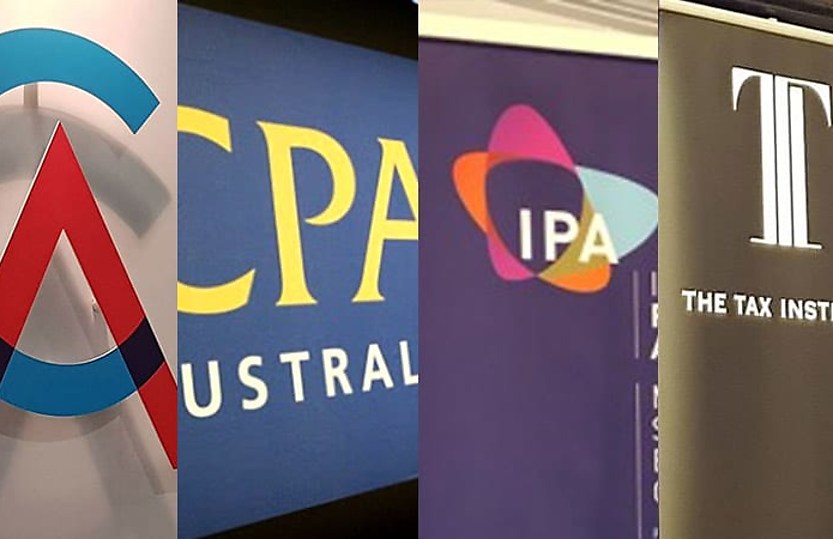Payday super ‘a significant departure’ from current SG regime: Joint bodies

The details of the payday super policy will need to be carefully examined to avoid “significant and unintended consequences”, joint bodies warn.
A group of industry associations have expressed their support for their government’s proposal to introduce payday super but have warned it “represents a significant departure from the current SG regime and the operation of the Superannuation Guarantee Charge”.
“The proposed policy changes will impact a wide range of legislative provisions, employers’ compliance requirements, the onboarding of employees with an employer, payment and reporting systems and processes, services provided by intermediaries and administration by the ATO,” they said in a recent submission.
The joint submission by the three major accounting bodies, The Tax Institute, the SMSF Association and Financial Advice Association of Australia, stressed that every aspect of the policy and its impact needs to be carefully considered.
“Otherwise, there is a high likelihood of significant and unintended consequences that may affect employers’ ability to comply with the pay day super model,” the submission said.
The joint bodies said the shift to the new payment model provides an opportunity for the government to address a range of shortcomings and deficiencies in the current system.
This includes ensuring that the payday super model operates in a way that encourages employers to voluntarily rectify non-payment, underpayment or late payment of employees’ SG entitlements, the submission said.
The joint bodies said they would also like to see employees’ superannuation accounts more equitably compensated for the lost earnings on unpaid SG amounts without disproportionately punishing employers.
The government must also ensure the payday super model is consistent with other areas of taxation and superannuation legislation, and other laws, the submission said.
“This will require an overhaul and re-design of existing components of the SG regime,” it said.
The joint bodies said they would like to see the payday super model designed in a manner that reduces compliance costs, utilises existing reporting mechanisms and avoids the duplication of efforts.
“The government should also consider updating the superannuation guarantee charge so that it is simpler, more accurately compensates employees’ superannuation accounts for the loss in earnings for the duration their SG contributions are unpaid, and re-designing the penalty component,” it said.
The submission said that if the government intends for the current SuperStream system to remain in place, then some improved processes would need to be designed to enable the effective operation of the employer payment model proposed by Treasury.
“This could include requiring employers to make SG contributions on the day that salaries and wages are paid or allowing a period (say, 14 business days) within which superannuation funds could receive the contributions,” it stated.
“If the fund receives the contributions within this prescribed period, which recognises the limitations of existing payment platforms and data processing, the employer would be taken to have paid the contributions by the due date.”
The government could also allow a longer grace period of around 30 days within which under- and overpayments could be rectified without penalty, but with SG interest still applying from payday, the submission said.
About the author







